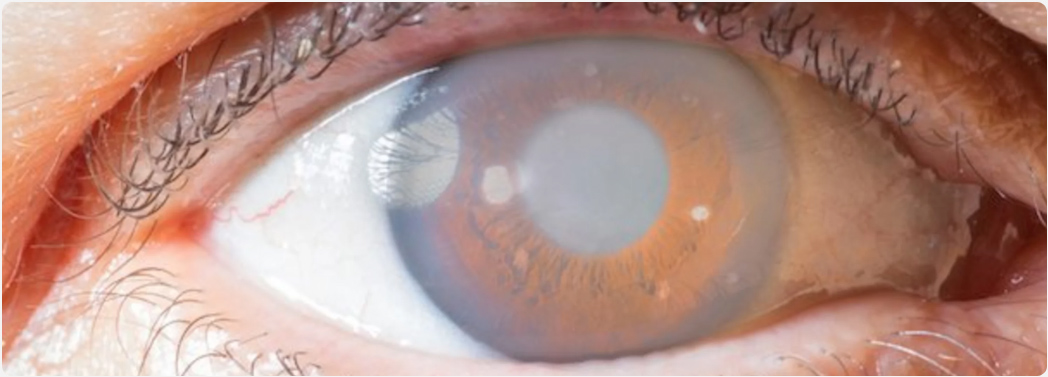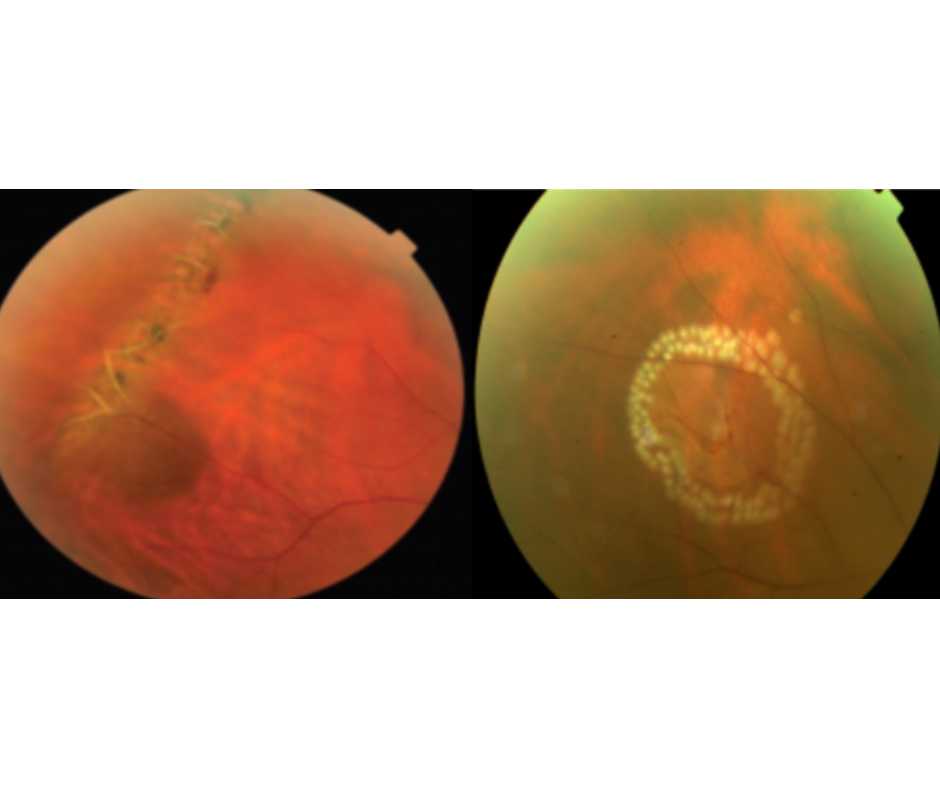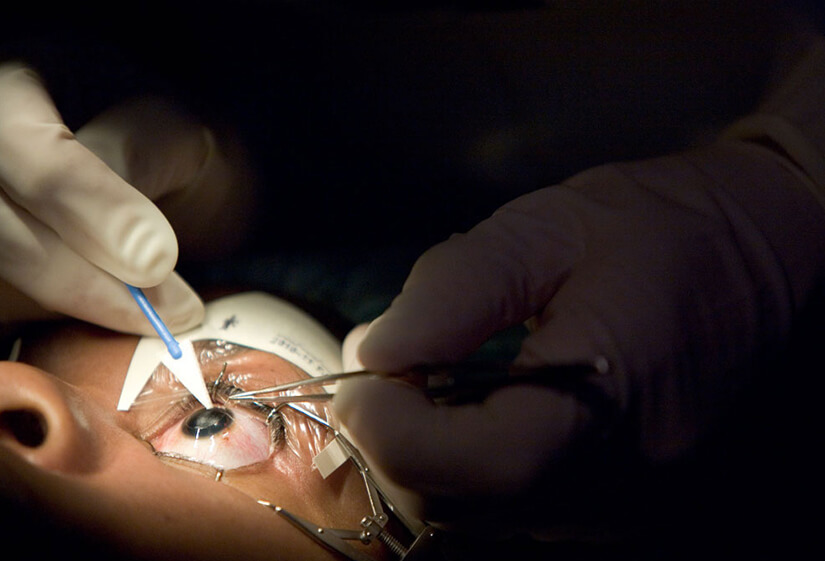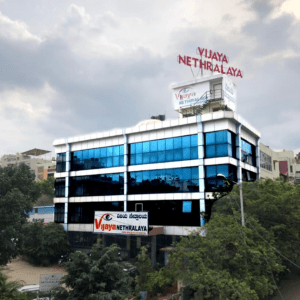Introduction:
Glaucoma, often referred to as the “silent thief of sight,” is a group of eye conditions that damage the optic nerve, leading to vision loss and blindness if left untreated. Among its various forms, advanced glaucoma presents unique challenges and requires prompt intervention to preserve vision. In this article, we delve into the intricacies of advanced glaucoma, exploring its symptoms, treatment options, and management strategies.
- Symptoms of Advanced Glaucoma:
- Severe peripheral vision loss: Patients may experience a narrowing of their visual field, leading to tunnel vision.
- Blurred or hazy vision: As optic nerve damage worsens, clarity of vision diminishes, making everyday tasks challenging.
- Halos around lights: Glare or halos around lights, especially at night, can be indicative of advanced glaucoma.
- Increased intraocular pressure (IOP): While not always present, elevated IOP levels may contribute to advanced glaucoma symptoms.
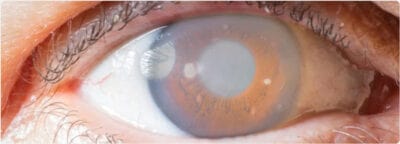
Treatment:
Managing advanced glaucoma requires a multi-faceted approach aimed at lowering intraocular pressure and preserving remaining vision. Treatment options may include:
- Medications: Prescription eye drops or oral medications can help reduce intraocular pressure by either decreasing fluid production or improving drainage.
- Laser therapy: Procedures such as selective laser trabeculoplasty (SLT) or laser peripheral iridotomy (LPI) can aid in lowering IOP by enhancing drainage.
- Surgical intervention: In cases where medications and laser therapy prove ineffective, surgical options like trabeculectomy or minimally invasive glaucoma surgery (MIGS) may be recommended to create alternative drainage pathways.
Management:
- Regular eye exams: Scheduled visits with an ophthalmologist are crucial for monitoring disease progression and adjusting treatment as needed.
- Compliance with medications: Adhering to prescribed eye drops or oral medications is essential for maintaining optimal intraocular pressure control.
- Lifestyle modifications: Adopting a healthy lifestyle, including regular exercise and a balanced diet, can contribute to overall eye health and potentially slow the progression of glaucoma.
- Stress management: Stress can exacerbate glaucoma symptoms, so incorporating stress-reduction techniques such as meditation or yoga may be beneficial.
Author Details:
Dr. Sushruth Appajigowda holds a prominent position as a Cornea, Cataract, Glaucoma, and LASIK Surgeon in Bangalore. He serves as the chief Cataract and Refractive surgeon at Vijaya Nethralaya Eye Hospital, Nagarbhavi Bangalore. Renowned as one of the finest LASIK surgeons nationwide, he brings with him over 12+ years of experience across multiple LASIK platforms, including ZEISS, ALCON, SCHWIND, AMO, and Bausch and Lomb. Having successfully conducted over 5000 LASIK procedures, Dr. Sushruth holds the title of a Certified Refractive Surgeon and a Fellow of the All India Collegium Of Ophthalmology. Furthermore, he stands as a distinguished speaker at various National and International Forums, using his expertise to guide you in selecting the most suitable procedure based on your health requirements.

http://vijayanethralaya.com/link-in-bio/

